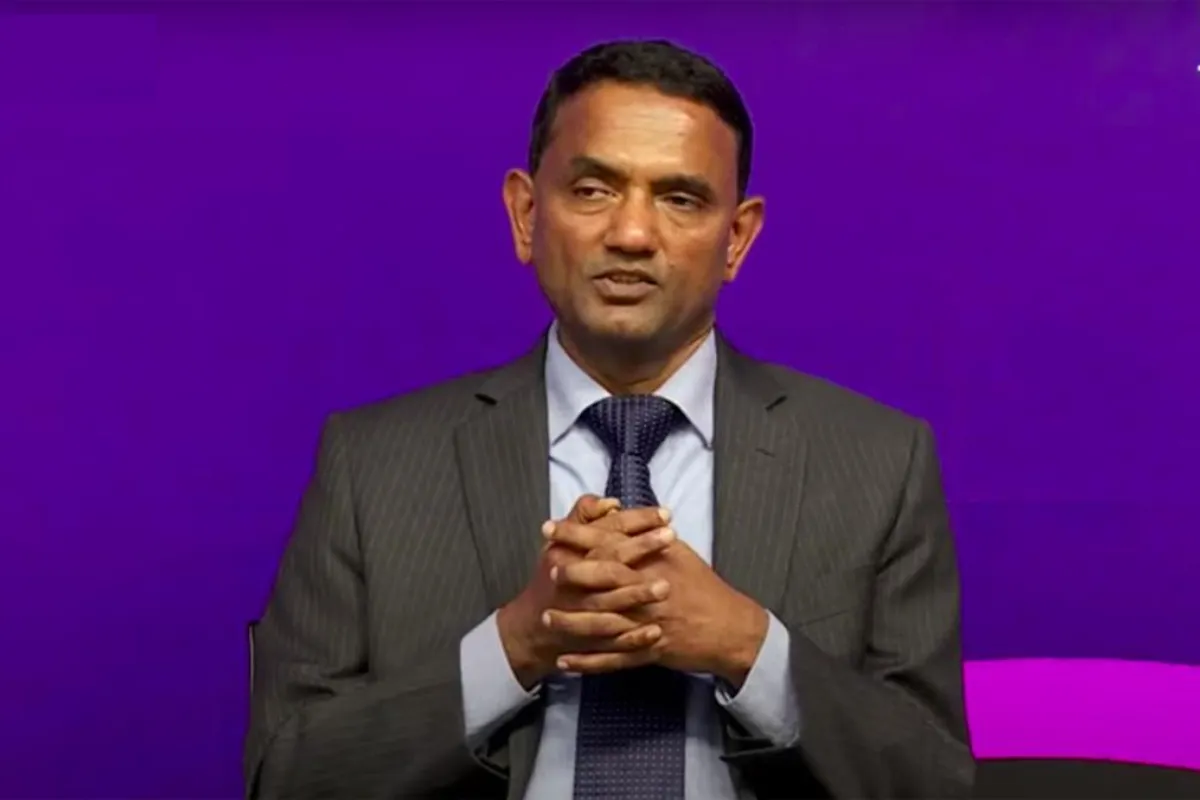The CEO of Tata Consultancy Services (TCS), K Krithivasan, has publicly warned of the impending revolution in the call centre sector brought about by the rapid development of artificial intelligence (AI). In an interview with the Financial Times, Krithivasan stressed that artificial intelligence (AI) integration has the potential to completely transform the traditional customer service centre framework, maybe eliminating the need for them entirely in only one year.
AI Revolutionising Call Centers
According to Krithivasan, artificial intelligence (AI) would be able to anticipate client questions and quickly resolve them without the need for incoming calls. He says that this move to proactive customer service would reduce the need for traditional contact centres considerably, especially in nations like India where they have been a major employer.
Chatbots Taking Center Stage
Krithivasan highlights the changing role of AI-powered chatbots, explaining that these virtual assistants will soon have the capacity to thoroughly examine client transaction histories. With this increased analytical capacity, chatbots will be able to do most of the duties that are normally performed by human call centre workers, which will change the way that customer care interactions are conducted.
TCS’s AI Projects Surge
With over 600,000 people and yearly revenues close to $46 billion, TCS is a powerhouse in the IT sector. Recently, the company has seen a notable increase in the number of AI projects in its pipeline. According to Krithivasan, the value of these projects rose every quarter and by the end of March, it had reached an incredible $900 million. He believes that this momentum will continue to build and that throughout the upcoming quarters, the pipeline may double once again.
Long-Term Impact of AI Adoption
Although the integration of AI has great promise, Krithivasan advises against placing too much focus on its immediate advantages. He urges stakeholders to moderate their expectations while accepting the slow nature of AI adoption, suggesting that the revolutionary influence of AI on contact centres and jobs may be more long-term.












